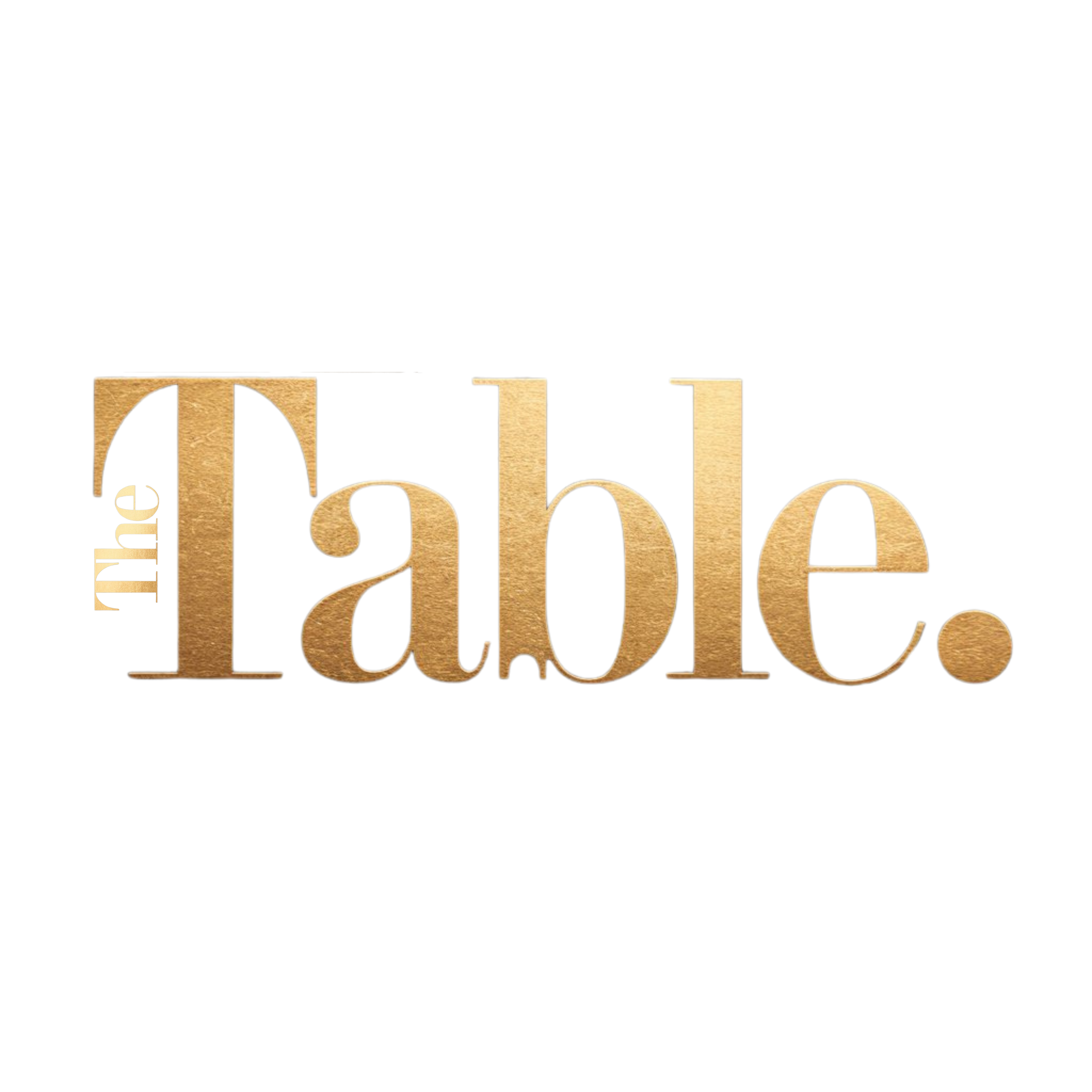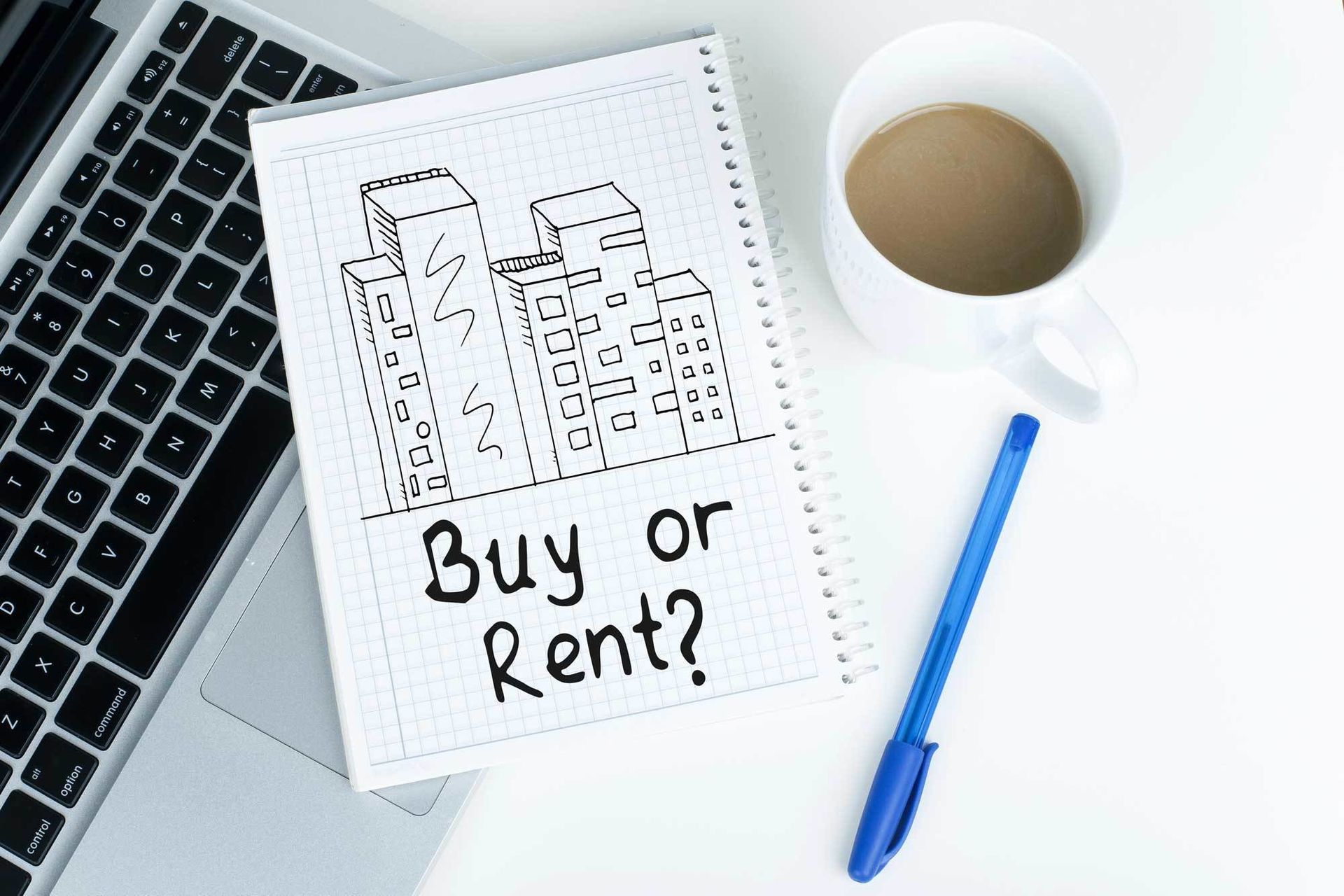One of the biggest financial decisions we face in our lives is whether to buy a home or continue renting. It’s a question that arises at different stages of life and is influenced by various factors such as personal preferences, financial stability, and long-term goals. In this blog post, we’ll explore the pros and cons of both options, helping you make an informed decision that aligns with your unique circumstances and aspirations.
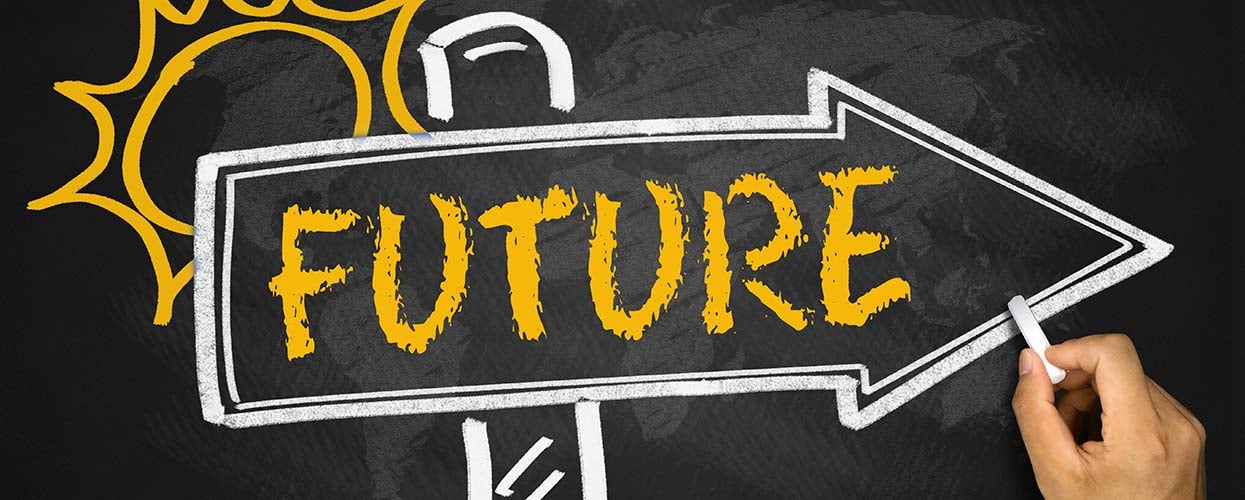
What are your future plans?
In the short term, renting is always cheaper. There are substantially less costs involved in renting, and normally just comprise of first and last months, a monthly hydro bill and maybe the actual expense to move.
Where if you decide to purchase a home there are a number of costs involved. Even once you are able to save the deposit you will need to save an additional amount to pay the costs of purchasing.
Other costs include land transfer taxes, lawyers fees and potentially closing costs. And once you do move in, your monthly bills will likely be more than if you were renting.
It is best to calculate how long you plan to stay where you are. If you plan to stay indefinitely, then purchasing is your best decision. If you plan to stay for only a few years, then renting may be substantially cheaper.
There are scenarios where this may not be the case. If you are purchasing in a large metropolitan city or in the surrounding areas of one, there is a chance that the market could go up substantially in a couple years time, in which case you would have made money. But no one knows for sure what the market is going to do, so it is best to take the risk you feel most comfortable with.

How old are you?
If you are still in your twenties you may end up relocating due to relationships or career opportunities. In which case renting would give you more flexibility than purchasing.
If you are in your thirties and are in a longer term relationship and are more established in your career, then purchasing may be a better option.
As well, most people spend their twenties saving so they can purchase in their thirties. But the sooner you know where you want to live and who you want to be with, the sooner you should purchase.

Financial Considerations
a) Initial Costs:When renting, the upfront costs are generally lower compared to buying a home, which often requires a down payment, closing costs, and other expenses. Renting allows for more immediate flexibility.
b) Equity Building: Homeownership offers the opportunity to build equity as you pay off your mortgage. In the long run, owning a home can be a significant asset that contributes to your net worth.
c) Market Conditions: Assessing the local real estate market conditions is crucial. In some areas, buying a home might be more affordable than renting, while in others, renting could be the more cost-effective option. Research and consult with real estate professionals to gain insights into the local market.
Lifestyle Considerations
a) Flexibility: Renting provides greater flexibility, allowing you to relocate more easily and quickly adapt to changing circumstances, such as job transfers or personal preferences for different neighborhoods.
b) Personalization: Owning a home gives you the freedom to personalize and modify your living space according to your preferences, whereas rentals may have limitations imposed by landlords.
c) Maintenance and Repairs: Homeownership comes with the responsibility of maintaining and repairing the property. Renting often transfers these burdens to the landlord, providing you with peace of mind.
Long-Term Considerations
a) Stability and Roots: Buying a home can provide a sense of stability and the opportunity to establish roots in a community. If you envision staying in one place for a significant period, homeownership may align better with your long-term goals.
b) Investment Potential: Real estate can be a profitable investment. By purchasing a home, you have the potential to benefit from appreciation over time, which can lead to financial gains.
c) Tax Advantages: Homeownership offers potential tax benefits, such as deductions for mortgage interest and property taxes. Consult with a tax advisor to fully understand the tax implications and potential savings.
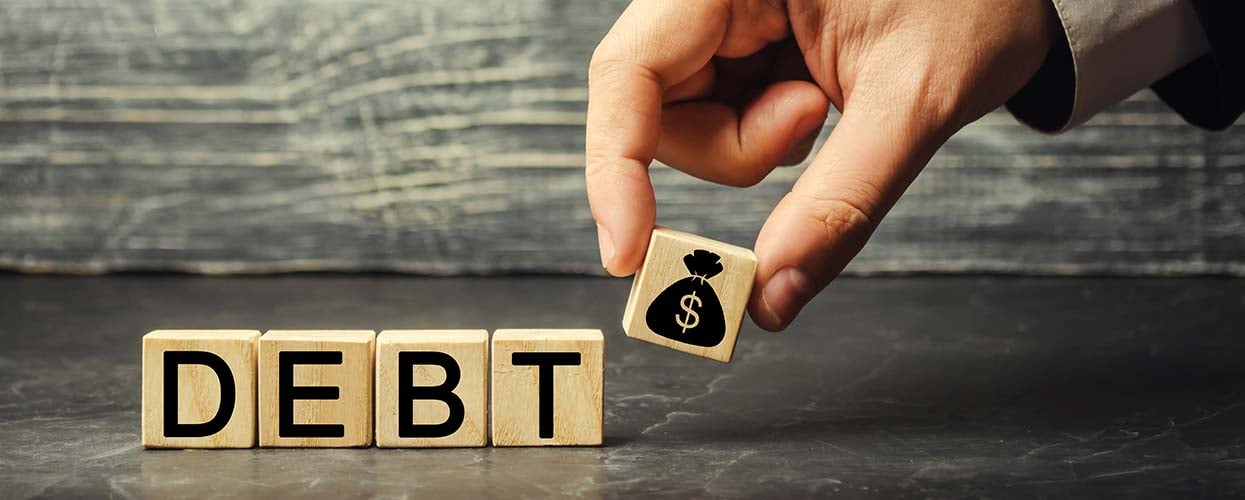
Are you in high interest debt?
If you have car loans, credit card debt or any other debt that has a high interest rate, it may make more financial sense to pay that off and then save up for the deposit for a home.
Buy taking out a mortgage when you are already in a substantial amount of debt, may be putting yourself in a worst financial situation.
And the likelihood of getting a mortgage or a mortgage with a good interest rate, will be lower if you already have a number of loans.
Take care of the debt you are in, and then sign off on the big mortgage loan.
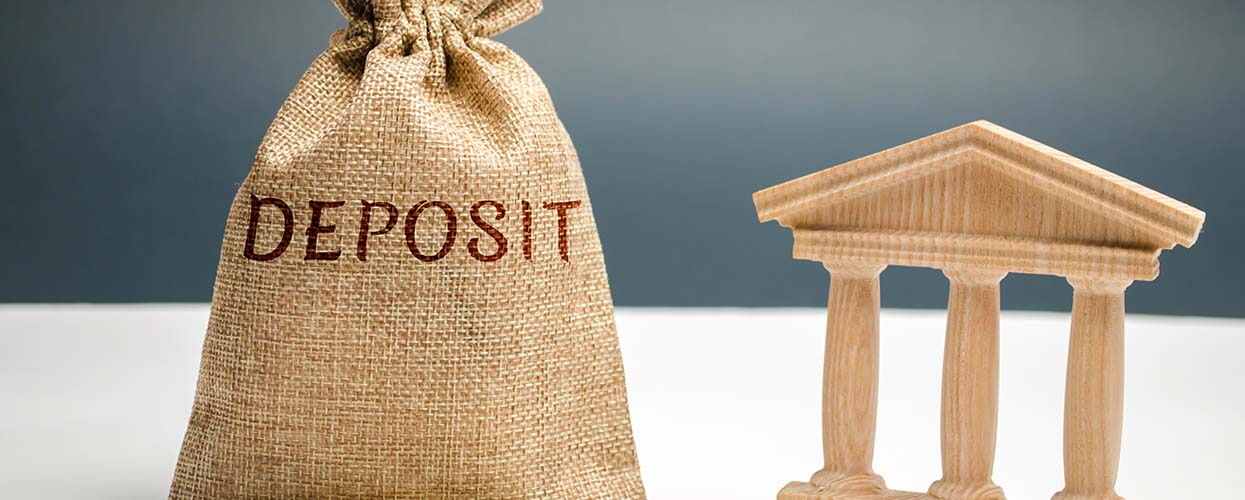
Do you have the deposit saved?
If you do not have between 10% and 20% of the purchase price of the home saved then your monthly payments will be a substantially lot more. Putting down as much as you can will keep your carrying costs lower.
As well, if you do not have at least 20% saved, you will likely have to insure your mortgage which can up your monthly payments.
Assess your current savings, see how long it will take you to save a deposit, and start looking once you have it saved.
Another option, if you feel comfortable, is asking your parents to lend you a certain percentage towards the price and paying them back a certain amount every month, so you can sooner get into the market.
Run the numbers and know what makes the most sense for you.

Is your job stable?
How many years have you been in your job? Do you plan to stay in the field you are in? These are the types of questions you should be asking yourself when thinking about purchasing.
If you are happy in your line of work, you plan to stay in the city you are in and you are confident that your job is stable, then purchasing is likely your best bet.
But if you are in a line of work that involves contract, seasonal work or if you have just started your job or would consider moving somewhere else, then you should hold off on purchasing until you are more decisive.
Conclusion
Deciding whether to buy a home or rent is a complex choice that requires careful consideration of your current financial situation, lifestyle preferences, and long-term goals.
While buying a home provides stability, equity building, and the opportunity for personalization, renting offers flexibility and less financial commitment. Weighing the advantages and disadvantages, researching local market conditions, and seeking professional advice will empower you to make an informed decision that suits your unique circumstances.
Remember, there is no one-size-fits-all answer; it’s all about finding the right path to achieve your dreams and aspirations.
